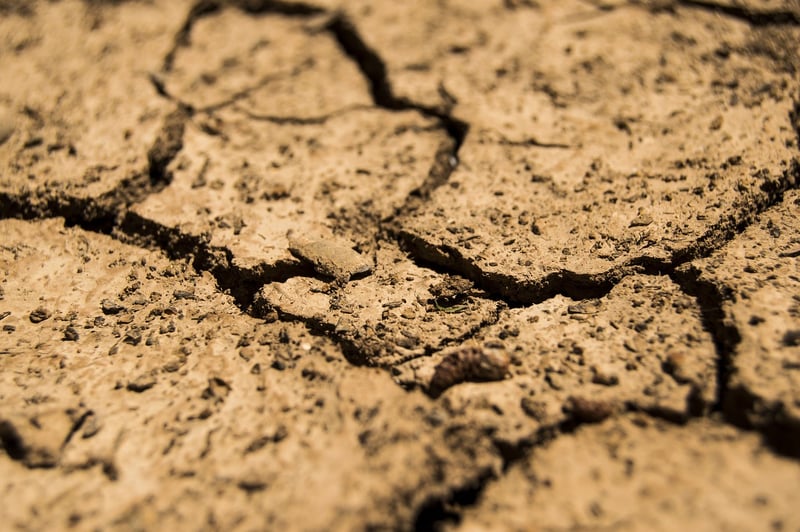Soil Health
Essential Plant Care Advice for Healthy Soil
Proper plant care is essential for maintaining healthy soil and promoting vibrant growth in your garden. By following some basic guidelines, you can ensure that your plants thrive and your soil remains fertile. Here are some key plant care tips to help you achieve a flourishing garden:
1. Choose the Right Plants
Start by selecting plants that are well-suited to your climate and soil type. This will help minimize the need for excessive watering, fertilizing, and other interventions. Native plants are typically a good choice as they are adapted to the local conditions.
2. Water Wisely
Water your plants deeply but infrequently to encourage deep root growth. Avoid frequent shallow watering, as this can lead to weak root systems. Use a soaker hose or drip irrigation to deliver water directly to the root zone.
3. Mulch Regularly
Apply a layer of mulch around your plants to help retain moisture, suppress weeds, and improve soil structure. Organic mulches like shredded leaves, straw, or compost also add nutrients to the soil as they break down.
4. Fertilize Appropriately
Test your soil to determine its nutrient levels and pH before applying fertilizers. Use organic fertilizers or compost to provide a slow release of nutrients to your plants. Avoid over-fertilizing, as this can harm both your plants and the soil.
5. Practice Crop Rotation
Rotate your crops each season to prevent the buildup of pests and diseases in the soil. Different plants have different nutrient needs, so rotating crops can help maintain soil health and fertility over time.
6. Compost Regularly
Start a compost pile to recycle kitchen scraps, yard waste, and other organic materials. Compost adds valuable organic matter to the soil, improves its structure, and enhances its ability to retain water and nutrients.
7. Monitor Soil Health
Regularly check your soil for signs of compaction, erosion, nutrient deficiencies, or pH imbalances. Adjust your plant care routine as needed to address any issues and maintain optimal soil health.
8. Involve Beneficial Organisms
Encourage earthworms, beneficial bacteria, fungi, and other soil organisms in your garden. These organisms help break down organic matter, improve soil structure, and make nutrients more available to plants.
Conclusion
By following these plant care tips and promoting soil health in your garden, you can create a sustainable and thriving ecosystem for your plants to grow. Remember that healthy soil is the foundation of a successful garden, so prioritize its care and maintenance throughout the growing season.
Image Source: Pixabay

